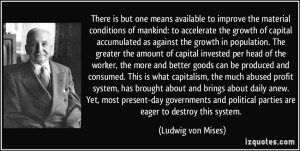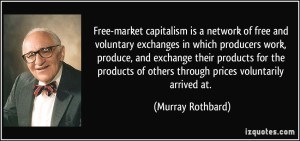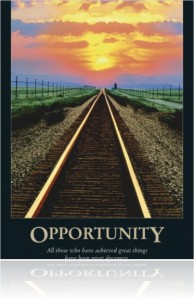submitted by jwithrow.
There is a certain power that one stumbles upon once they accept the “paradoxical wisdom” concept.
This power is not physical in nature. It is not like money power or political power which must be grabbed by men (or women) of ambition. It is a power only found when one is not seeking it; it is not something to be sought after and possessed. For this reason it is a power that is not corrupting and it is not fleeting. The power inherent in paradoxical wisdom is one of peace and serenity.
It is the understanding that there is something greater and more important than money, status, or worldly power. It is the understanding that each one of us are so much more than what we appear to be on the surface and that each one of us is here in this moment for a very specific reason; we are not irresponsible little people that are here by chance.
There is an inner calmness that develops once one comes to the realization that he (or she) does not know. The trivial occurrences of the day become completely irrelevant.
Those who have not yet found this power worry and fret over small mishaps or social popularity or what have you. But those who have found the inner peace care little for any of these things.
This is why those who possess calmness of mind and spirit cannot be gossiped about or ridiculed. They are not very interested in playing the worldly game of ego, power, or status and so insults do not bother them in the slightest. This makes it very unsatisfying and a bit embarrassing for the one doing the insulting; insulting another without receiving a reaction is like playing a game of catch with one’s self.
The power contained within paradoxical wisdom allows one to maximize his (or her) productive energy. He no longer wastes energy worrying about trivial events. He no longer wastes energy worrying about physical appearance or fashion. He no longer wastes energy worrying about how he is perceived by others. He no longer wastes energy playing the power game.
As it turns out, we tend to waste quite a bit of energy just in perceived self-defense or in attempts to justify our thoughts and actions to others. This wasted energy can be applied in a much more positive and creative way once the need for self-defense and justification fades away.
The power found within the paradoxical wisdom concept stems from acceptance.
Once one understands that he does not have all of the answers then it becomes acceptable for him (or her) to be fallible and make mistakes. And it becomes acceptable for him to stray from the popular path in search of knowledge and wisdom. And perhaps most importantly, he no longer needs to justify his thoughts or actions to others and he no longer feels as though others should justify their own thoughts or actions to him.
He is free.
















